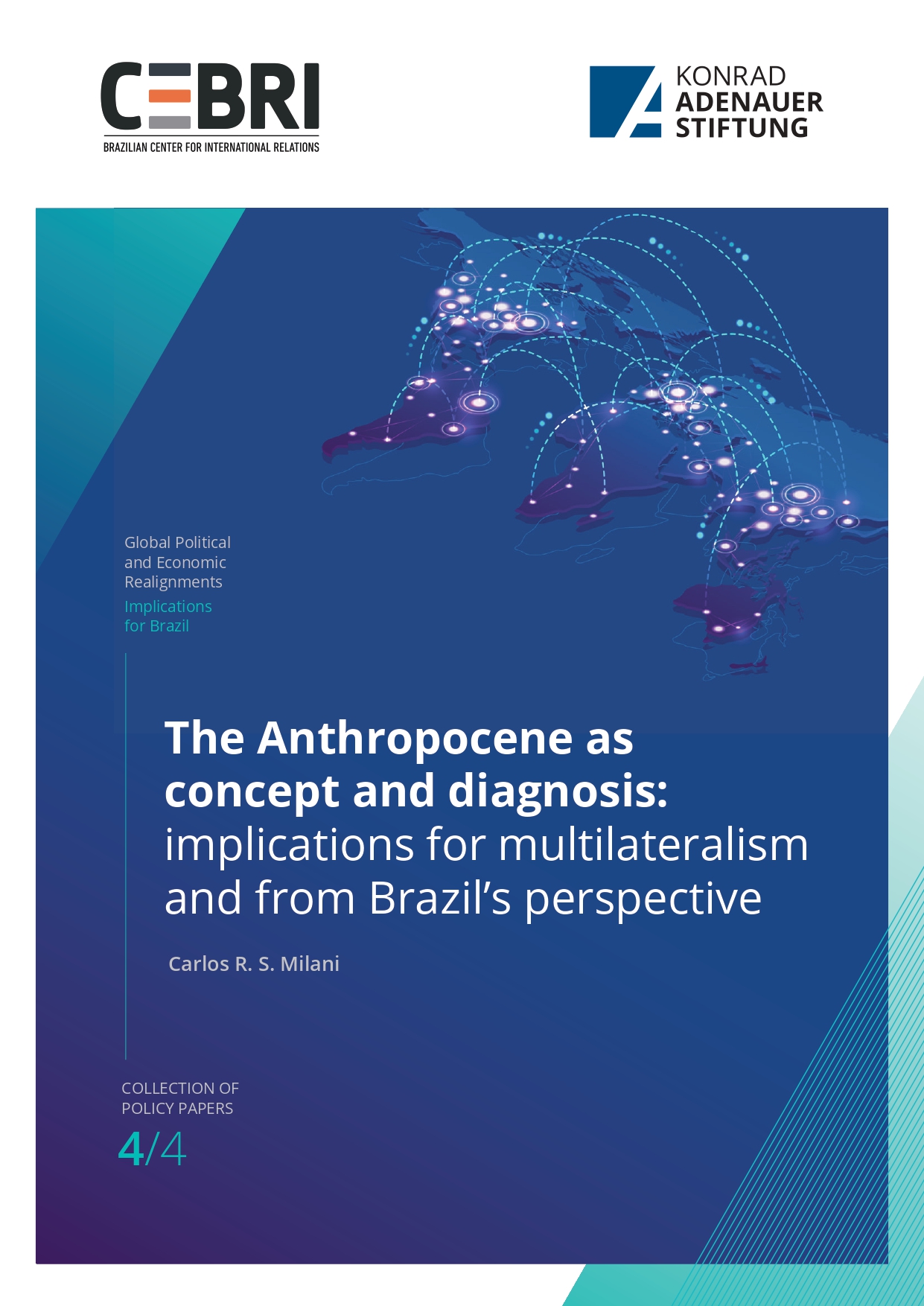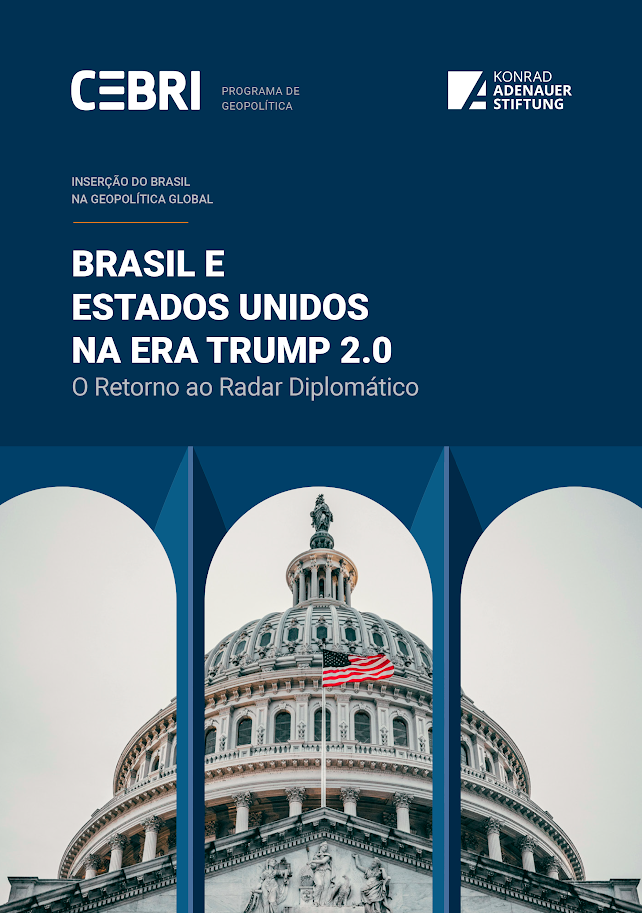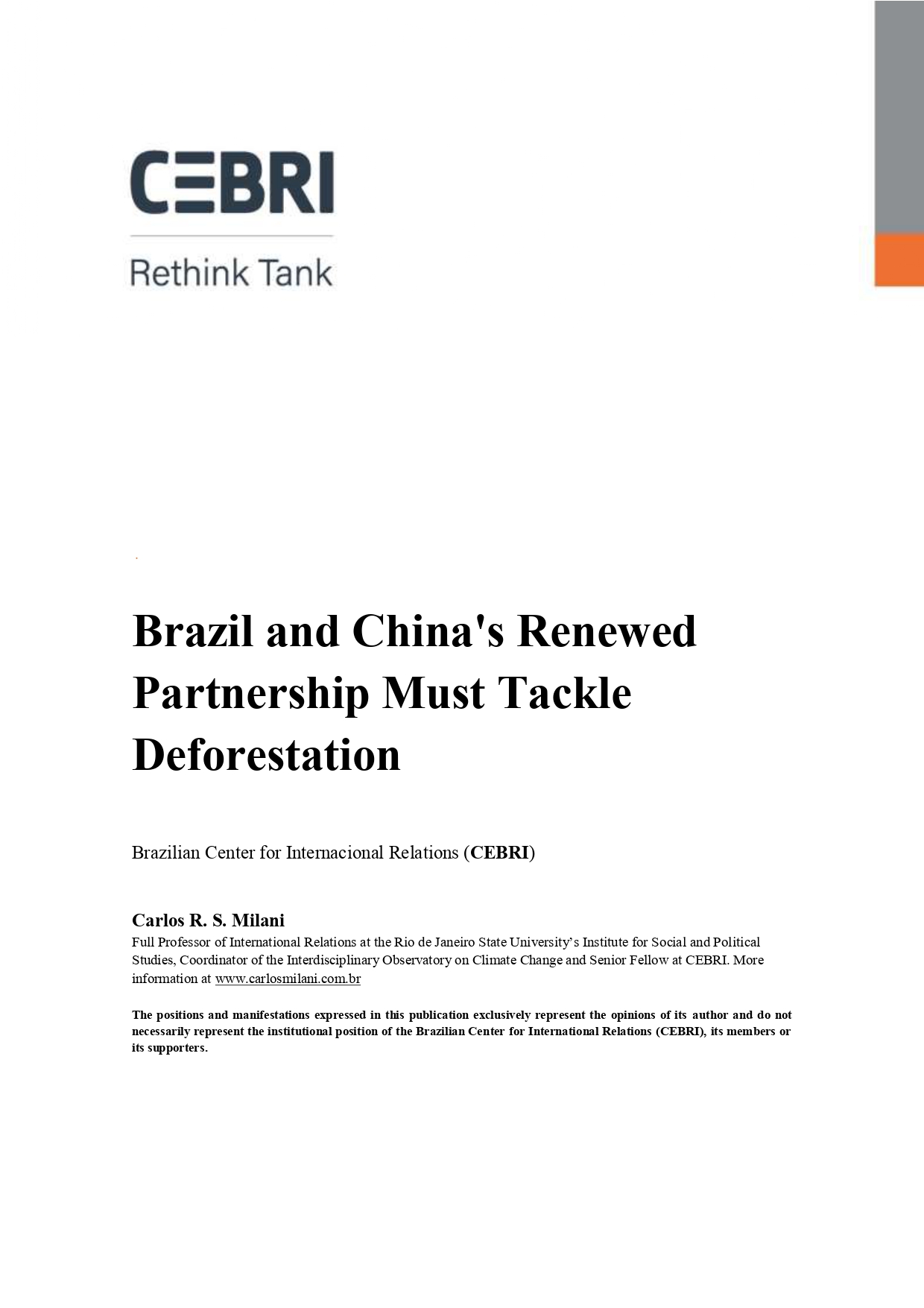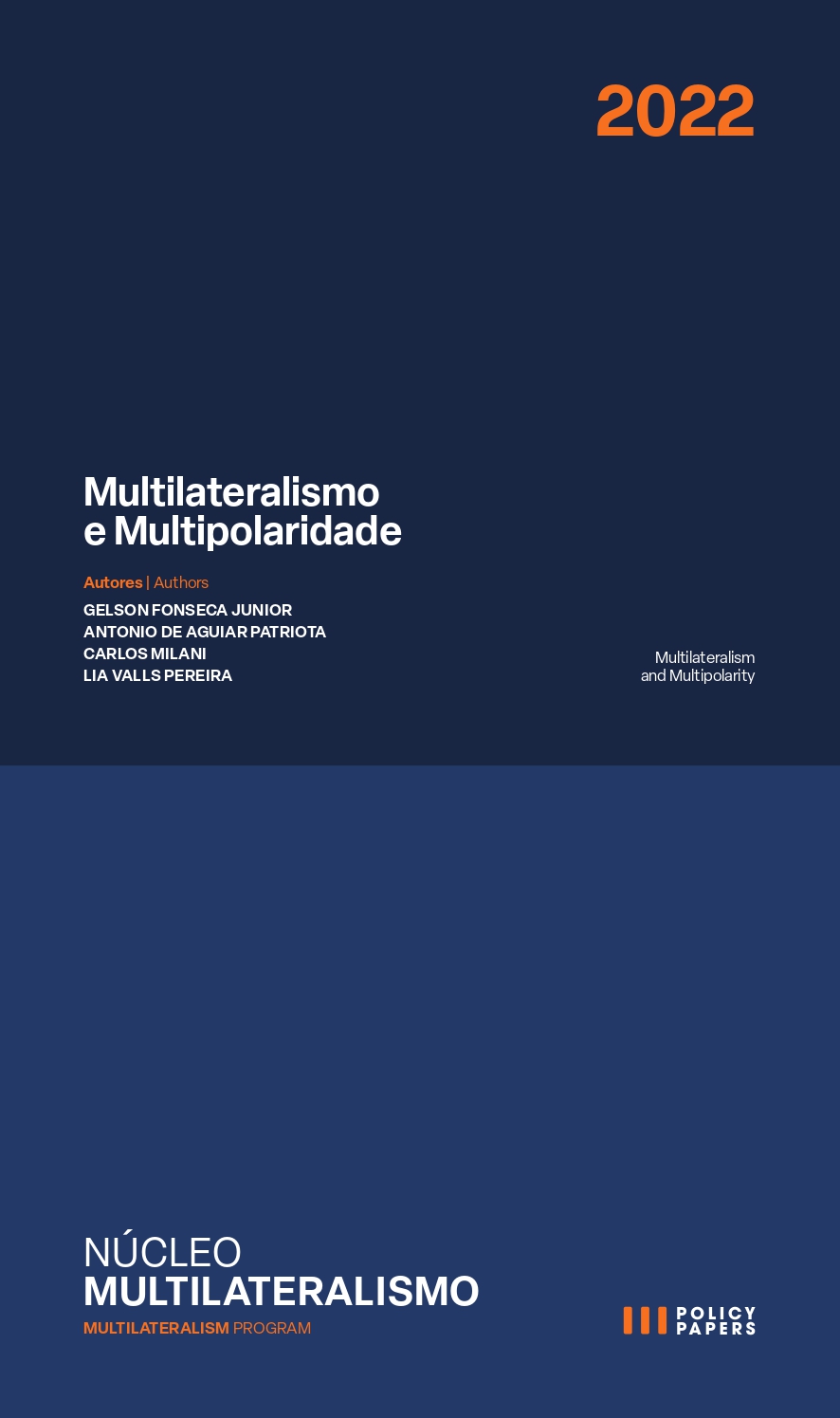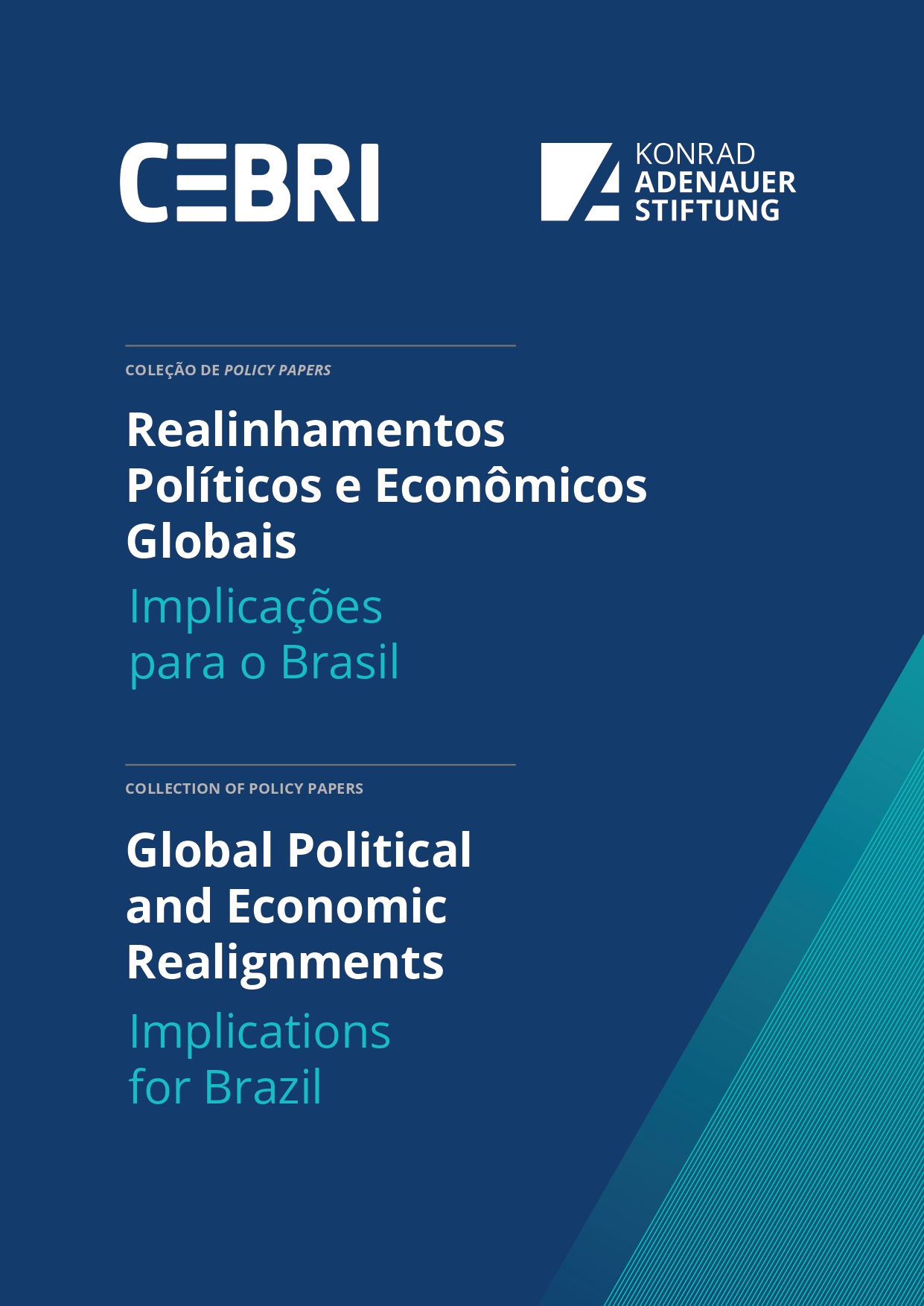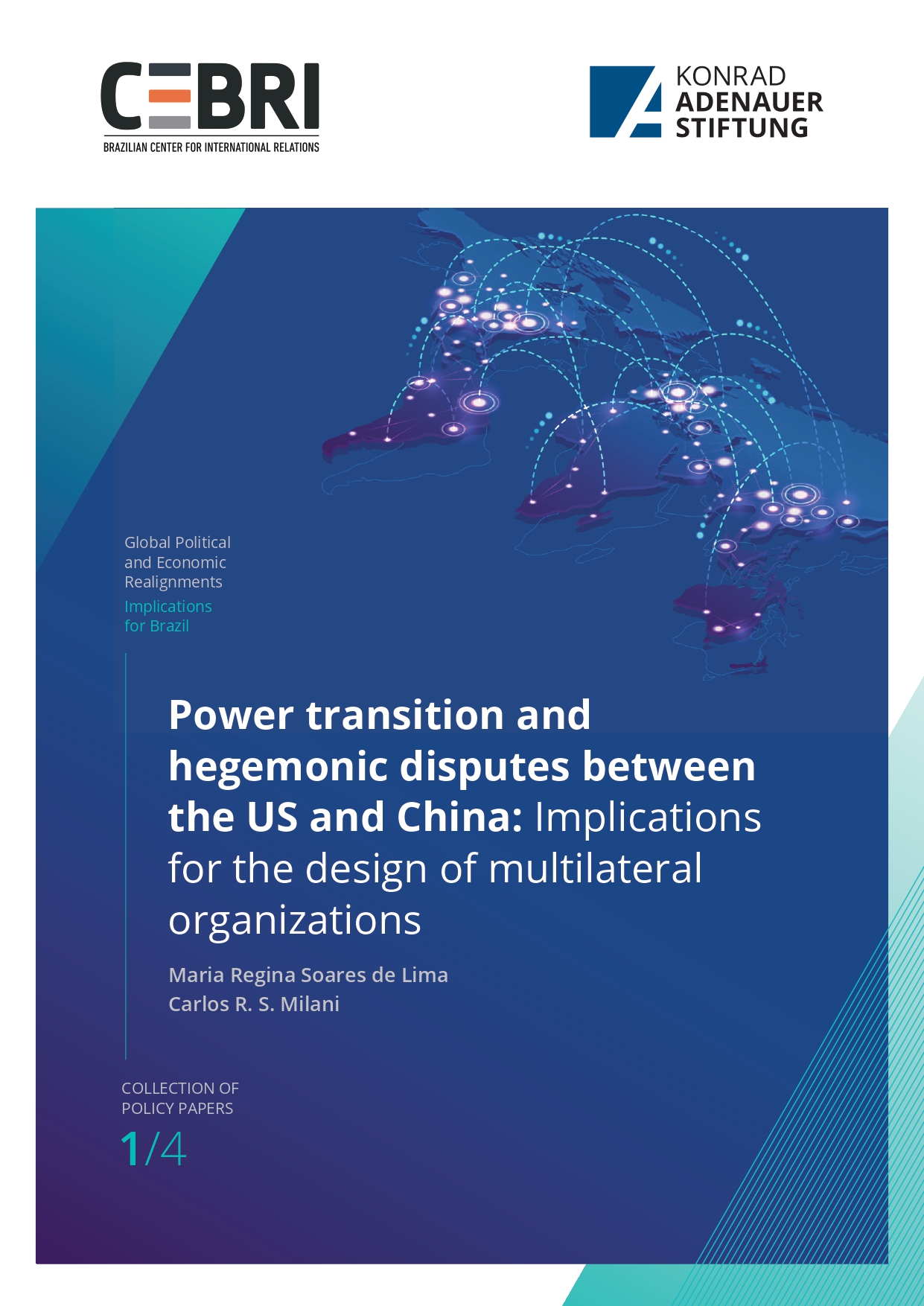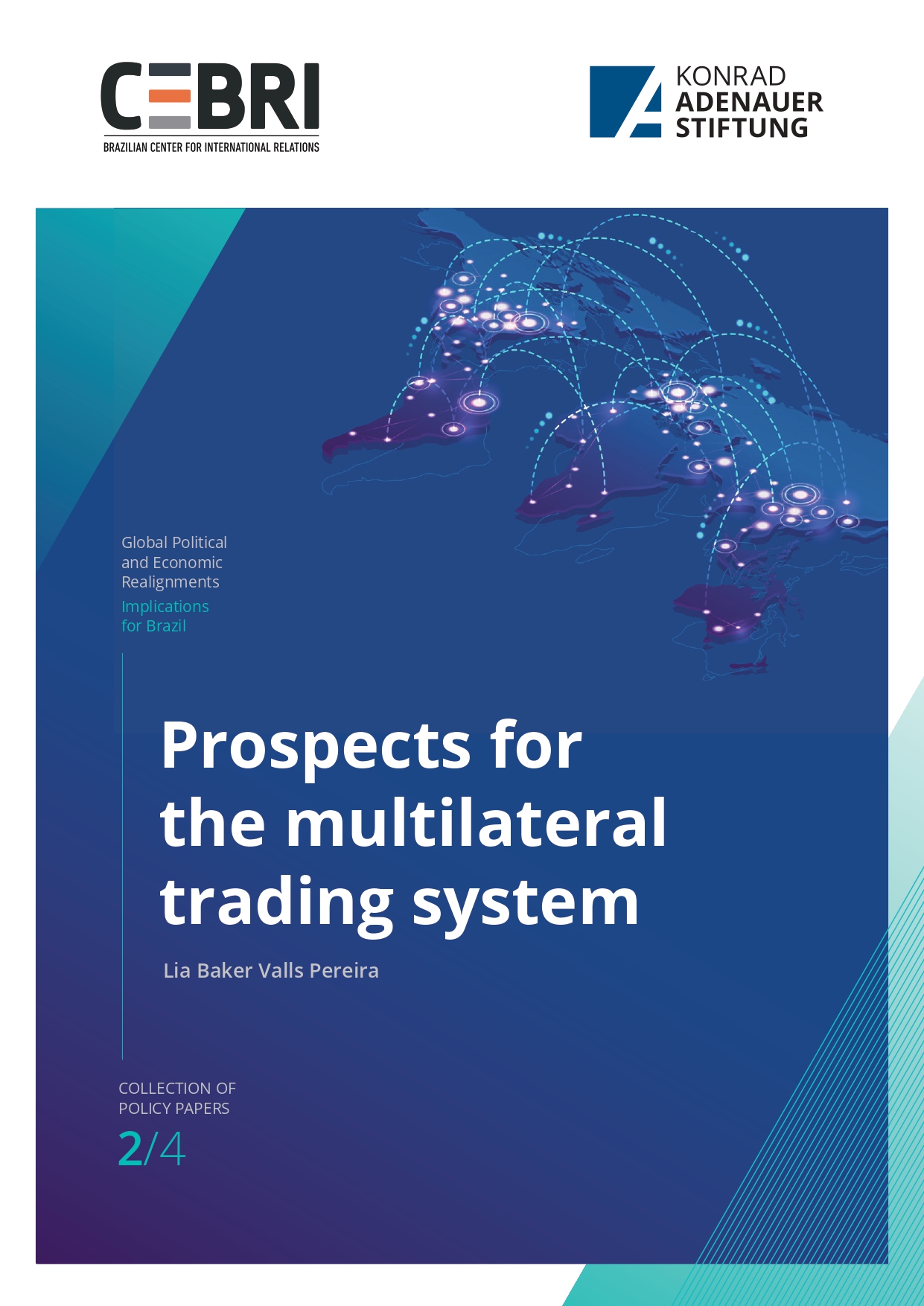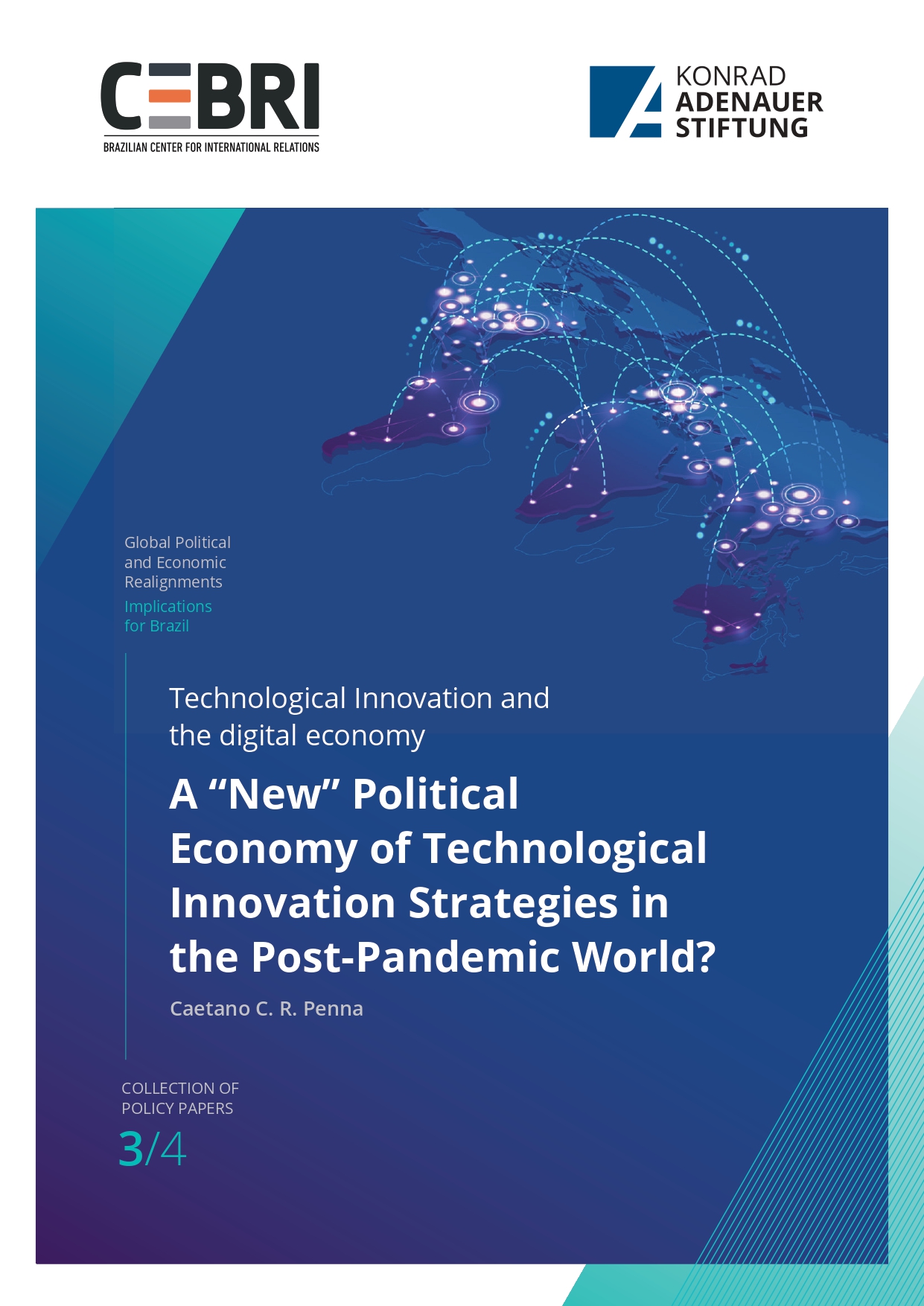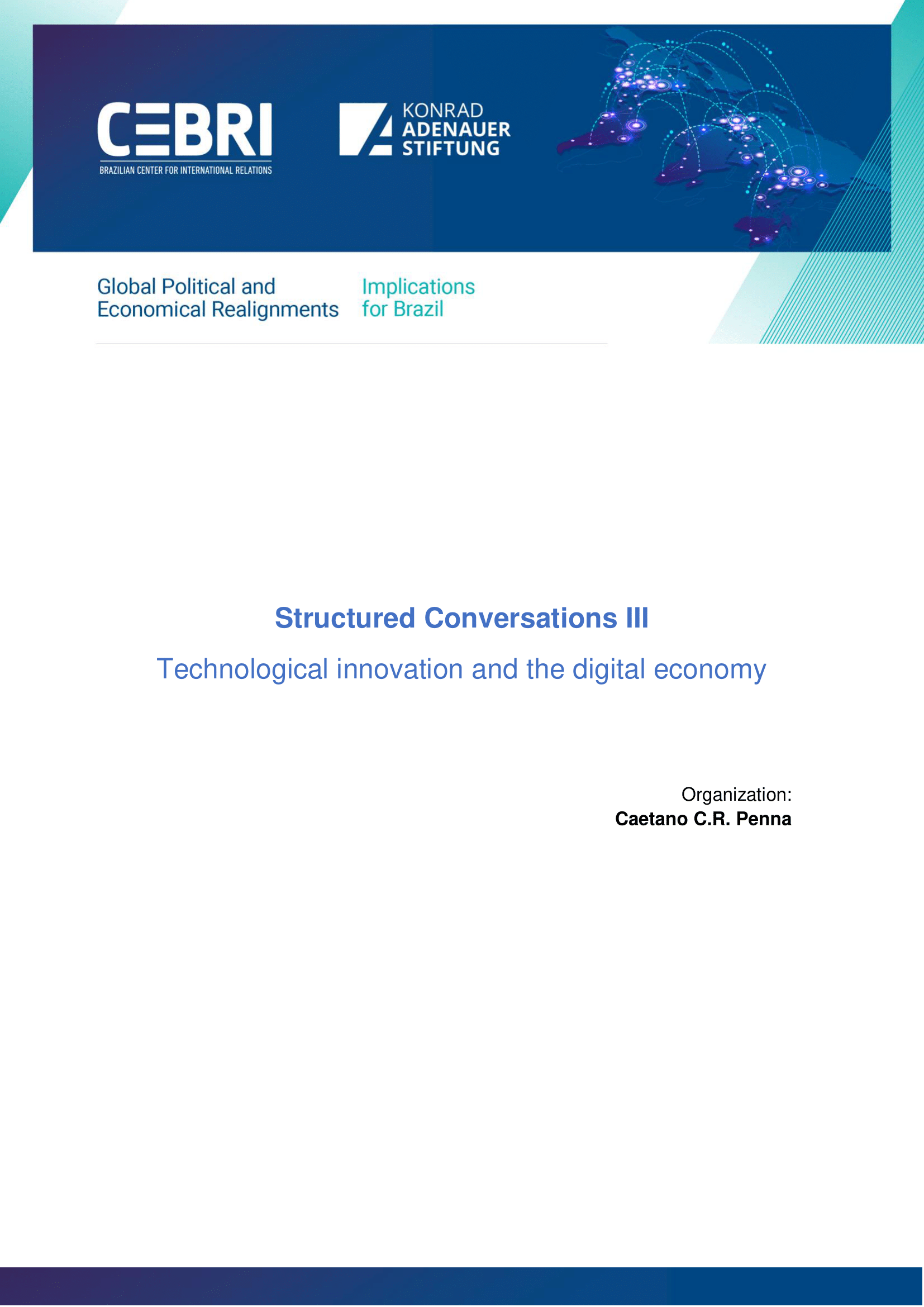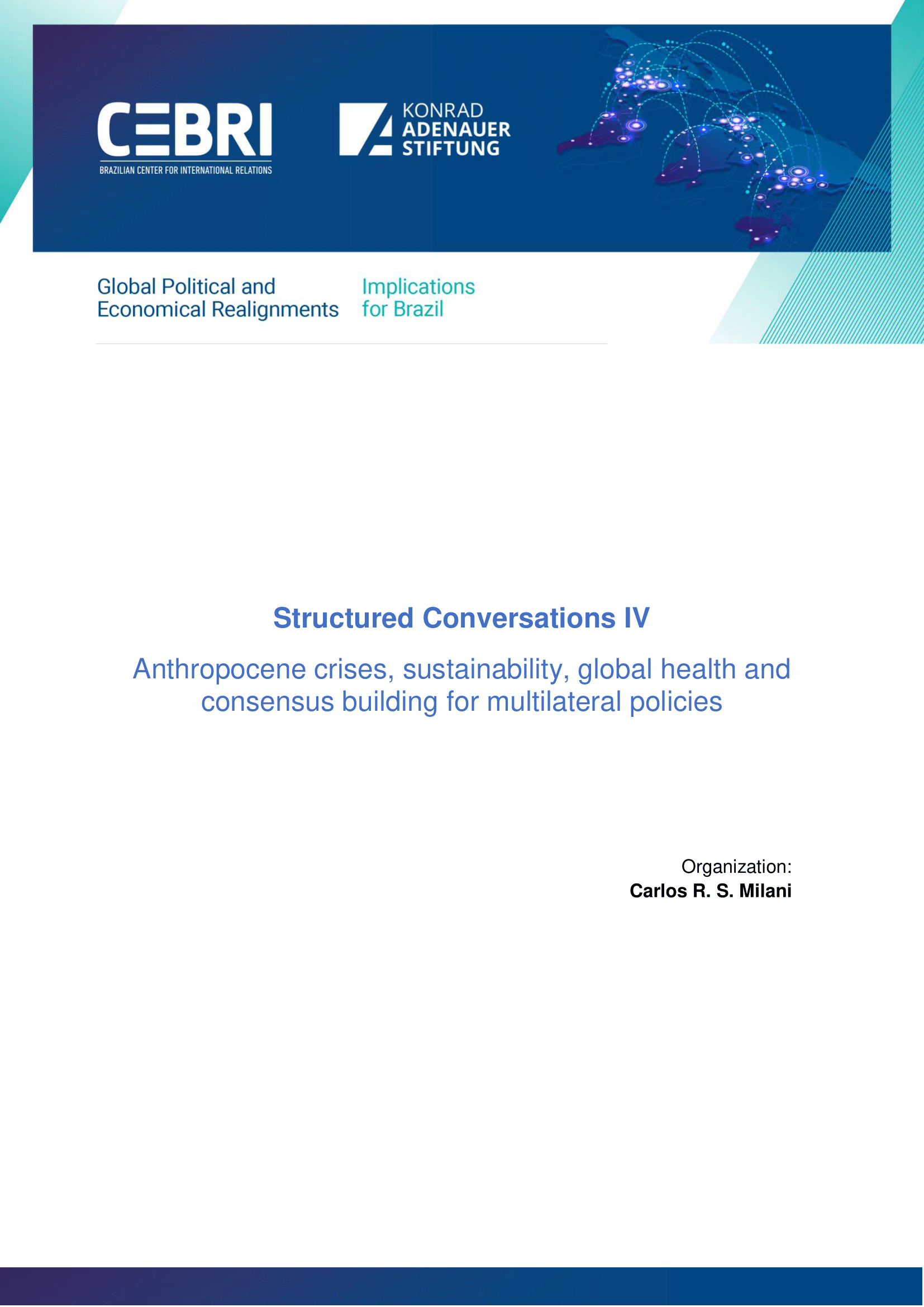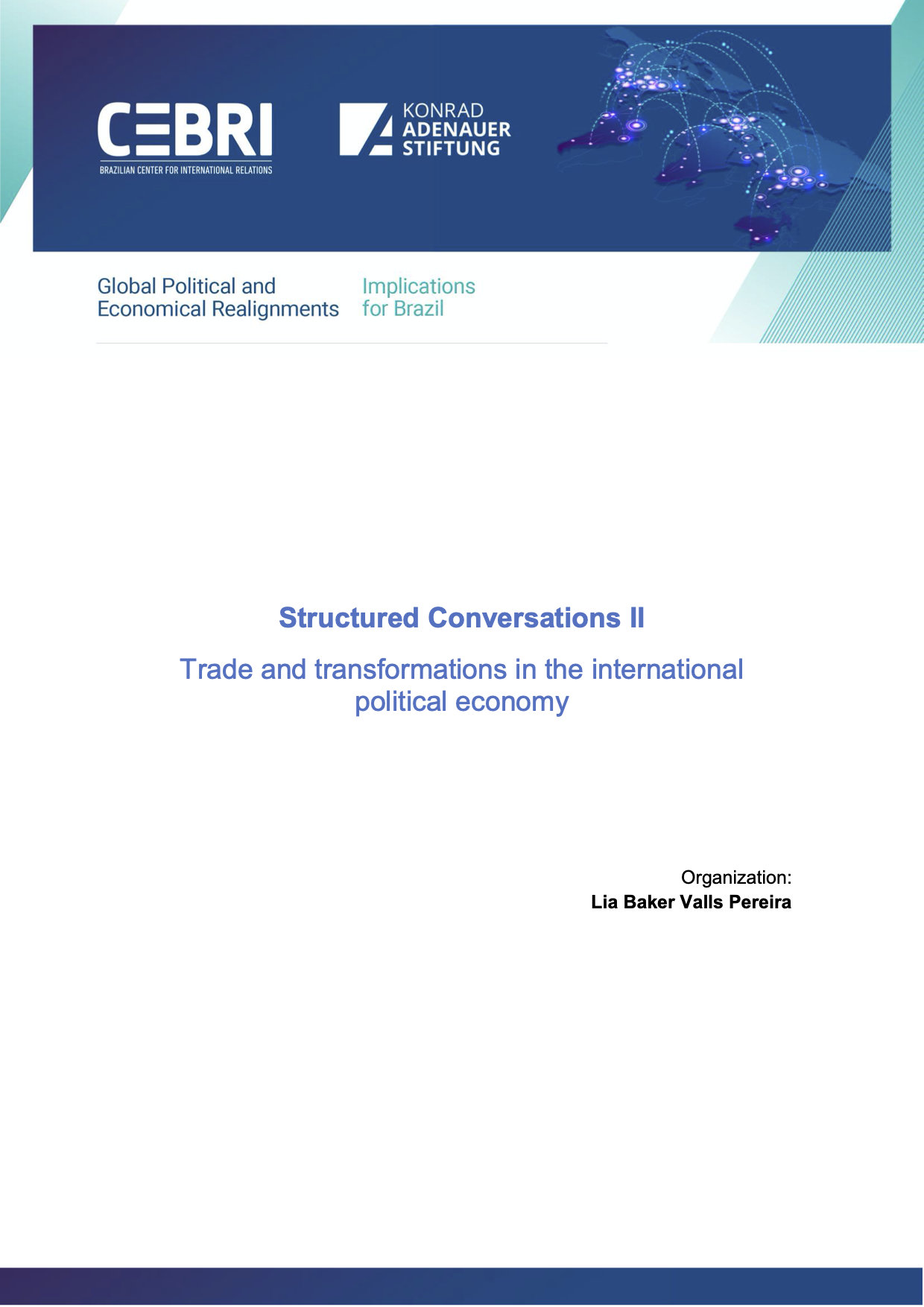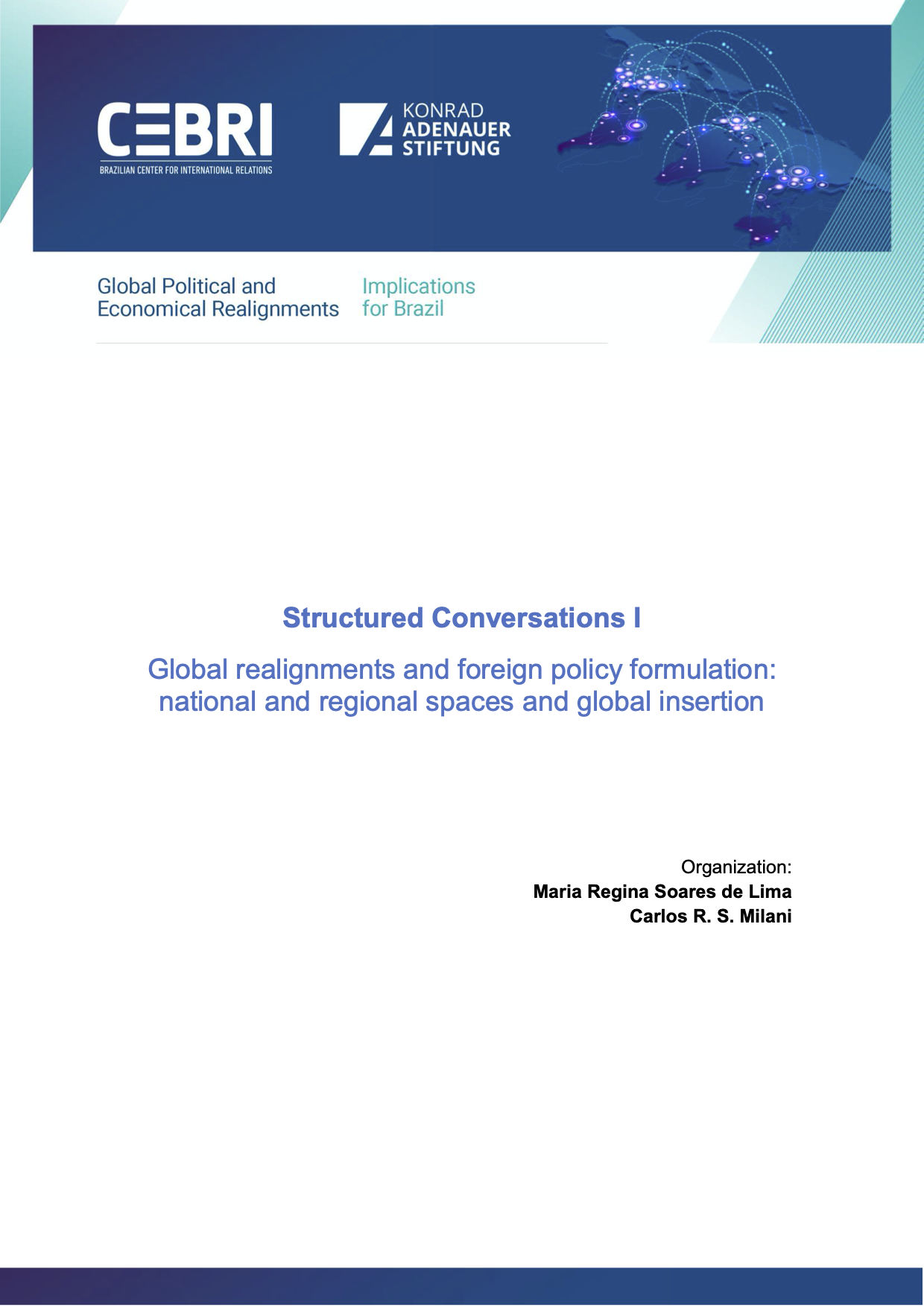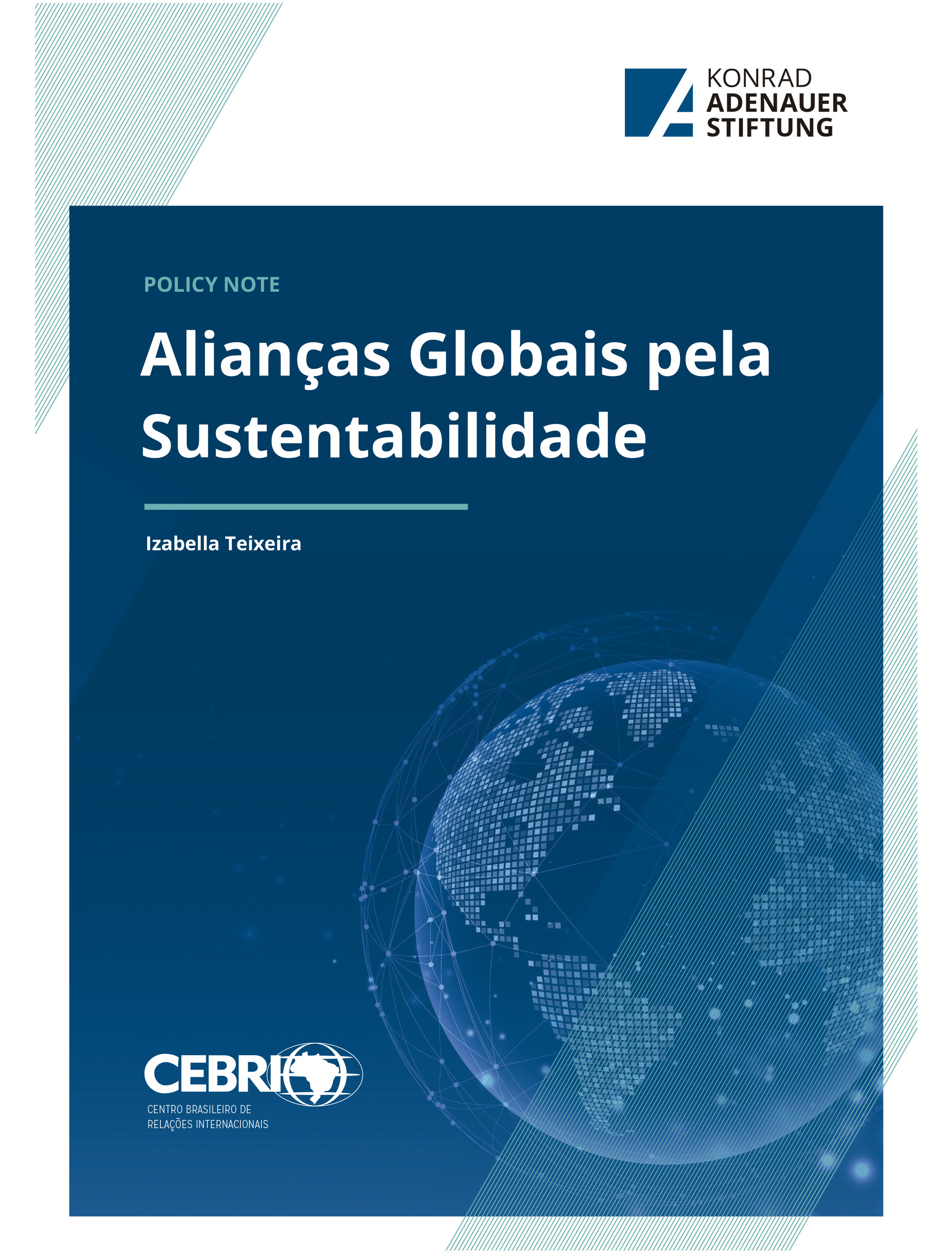Policy Papers
The Anthropocene as concept and diagnosis: implications for multilateralism and from Brazil’s perspective
- Multilateralism
- 12 april 2022
Since the Anthropocene concept was launched by climate scientists and after the intense exchanges that followed among physicists, chemists, geologists and oceanographers at the beginning of the twenty-first century, the debate in the human and social sciences about its causes and implications has advanced significantly, bringing innovations and pointing out contradictions expressed in the proposed categories of capitalocene, plantationcene, chthulocene and phallocene. In International Relations and Foreign Policy Analysis, theoretical, methodological and empirical advances that adopt the concept and diagnosis of the Anthropocene as a premise are still timid. In the field of public policies, diplomatic practices and debates on the necessary reforms of multilateralism, there are great challenges, especially when analyzing Brazil’s regional and global role in this scenario. In this policy paper, I argue that the adoption of the anthropocene diagnostic concept implies a profound rethinking of the role of the State in development models, but also of the institutional design and the definition of responsibilities of contemporary multilateral organizations. To develop this argument, the policy paper is organized in three sections: (i) the anthropocene as concept and diagnosis; (ii) the anthropocene in international relations, with emphasis on development and security issues; (iii) implications for multilateralism and challenges posed to Brazil.
Since the Anthropocene concept was launched by climate scientists and after the intense exchanges that followed among physicists, chemists, geologists and oceanographers at the beginning of the twenty-first century, the debate in the human and social sciences about its causes and implications has advanced significantly, bringing innovations and pointing out contradictions expressed in the proposed categories of capitalocene, plantationcene, chthulocene and phallocene. In International Relations and Foreign Policy Analysis, theoretical, methodological and empirical advances that adopt the concept and diagnosis of the Anthropocene as a premise are still timid. In the field of public policies, diplomatic practices and debates on the necessary reforms of multilateralism, there are great challenges, especially when analyzing Brazil’s regional and global role in this scenario. In this policy paper, I argue that the adoption of the anthropocene diagnostic concept implies a profound rethinking of the role of the State in development models, but also of the institutional design and the definition of responsibilities of contemporary multilateral organizations. To develop this argument, the policy paper is organized in three sections: (i) the anthropocene as concept and diagnosis; (ii) the anthropocene in international relations, with emphasis on development and security issues; (iii) implications for multilateralism and challenges posed to Brazil.
